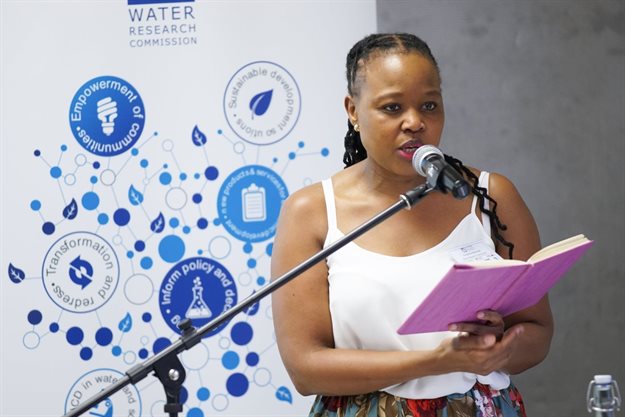
Subscribe & Follow
#AfricaMonth
In the news
Covid-19: Getting back to health and hygiene basics

Participatory Hygiene and Sanitation Transformation (PHAST) tools are the simplest methods used in water, sanitation and environmental sectors to involve communities in the planning and implementation of projects. PHAST hands over the baton to communities to diagnose their problems using a variety of tools like mapping exercises, three pile sorting, contamination routes and barriers and others to identify, discuss and seek solutions to the problems within their community. The tools assist in creating discussions around contamination and pollution causes, availability and quality of the water from different water sources.
Community-led Total Sanitation
For many rural communities, the introduction of Community-led Total Sanitation (CLTS) drawing on PHAST tools resulted in open and frank discussions about the health risks posed by open defecation, thus prompting communities themselves to seek lasting solutions to the problem. Another effective PHAST tool that comes to mind is the contamination routes and barriers; the tool probes the participant to detail the paths germs follow from outside to inside a human body. The key objective of using CLTS and PHAST tools is to change human behaviour through consistent good health and hygiene practices.
The change happens over time and it is a process and not an event. The good health and hygiene practices need to happen all the time as a way of life and not only during outbreaks or pandemics as it is the case now with Covid-19. The health and hygiene messaging for managing the spread of Covid-19 is not any different from the daily health and hygiene messaging, hence the application of what we have learnt all along about proper health hygiene practices ought to apply during and beyond this pandemic.
Inclusive discussions needed
In South Africa, the Covid-19 pandemic has exposed the huge wellbeing differences between communities. For the majority of urban communities, the regular use of soap and water and sanitisers to clean hands might not be a bother, while for rural communities, access to clean water is still a challenge. For many impoverished communities, rubbing solutions like use of sanitisers might not be affordable or accessible but use of ash, curry/turmeric powder, sand and washing off in a bit of water might be a substitute despite their limitations. Therefore, it is important that discussions about health and hygiene solutions are inclusive and leaves no-one behind in the fight to curb the spread of Covid-19.
Although Covid-19 is still under study, the practices to prevent its spread are not new at all. They are the same old health and hygiene practices thus proving that consistent good health and hygiene practices are important to prevent transmission of diseases. Going back to the basics of regular hand washing, boiling unsafe water, covering food and water and keeping the environment free from faeces, urine and other waste will always ensure healthy living.














